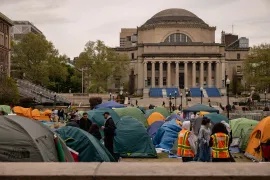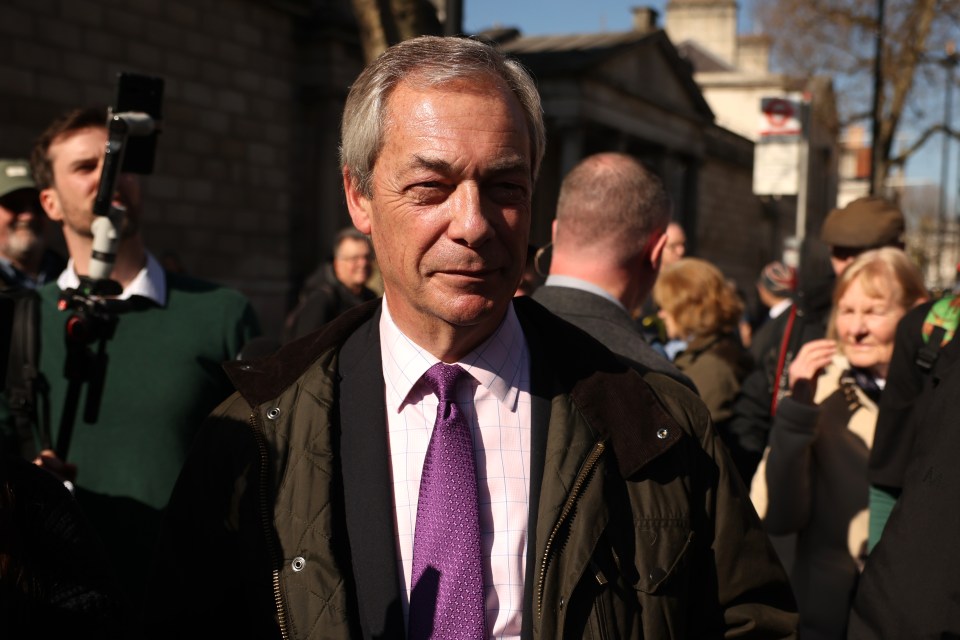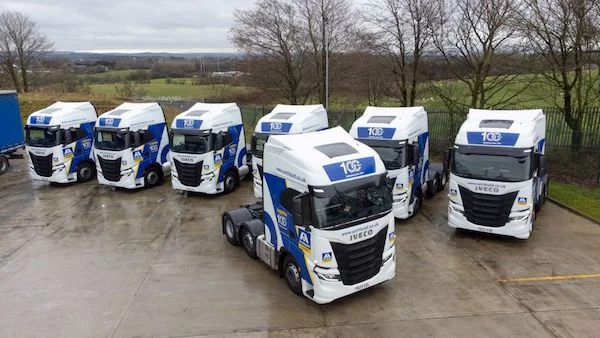
At 3am last Wednesday, as the rain poured down, pro-Palestine students at Bristol University set up an encampment opposite a study centre on campus.
Eugenia and five other student activists who had met at previous protests put four tents together. But despite the cold, more sprung up over the next few nights.
“It’s now grown to at least 20 tents, with loads of people rotating in and out, usually about 30 [people] at the camp during the day. But it’s sometimes more if we have a specific event on,” Eugenia, an organiser with the Bristol for Palestine group, told Al Jazeera.
“Staff and students stopping by to express support and ask how they can get involved is also so encouraging,” said Eugenia. “The movement to divest and fight for a free Palestine is so much bigger than the university executives like to pretend.”
The encampment has communal supplies, such as food, face masks, COVID-19 tests, and books on Palestinian history. There are also flyers explaining protester rights as well as leaflets on how Bristol is “complicit in the genocide”.
At the heart of their demands, the students are calling for their university to cut ties with companies that are contributing to Israel’s war efforts, including BAE Systems.
The British defence firm partially manufactures F-35 fighter jets that have been used by the Israeli military in Gaza.
“My university has millions of pounds in partnerships with companies that arm Israel. I do not think it is complicated to think that an institution’s complicity in violent settler-colonialism, apartheid, ethnic cleansing and genocide is bad,” said Eugenia, who added that they have been in contact with their peers at the University of Warwick in England and those protesting in the United States and Canada.
University security workers have asked them to leave but they have not been threatened with any disciplinary action.
“Although, we wonder if this will change after [Prime Minister] Rishi Sunak’s meeting with UK vice-chancellors.”





